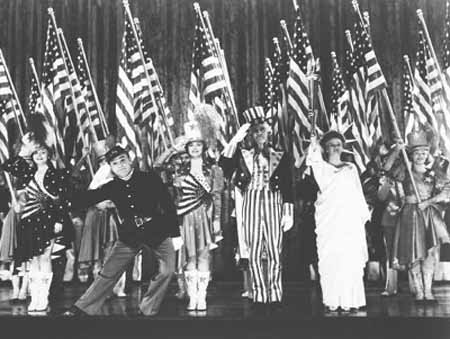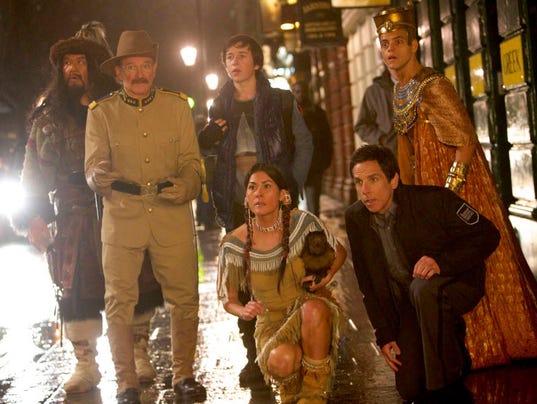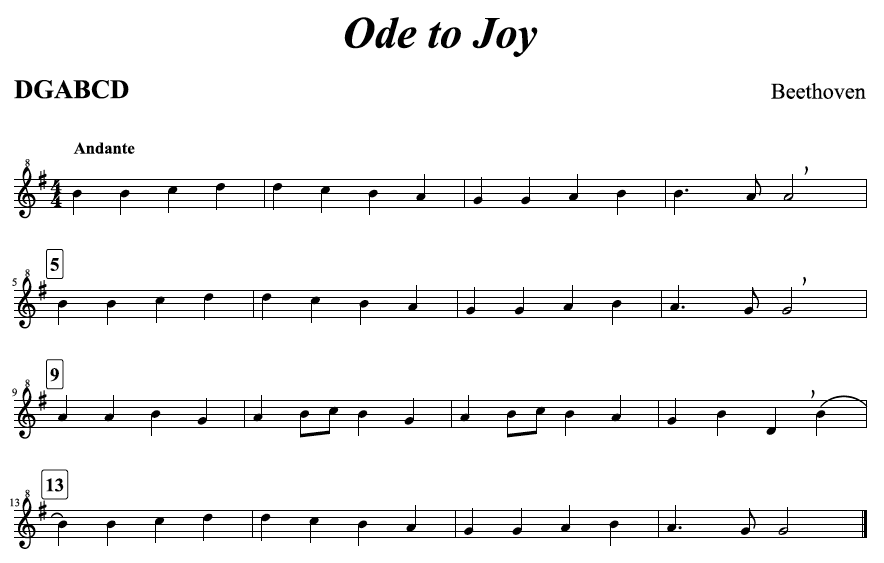There aren't too many movies I use in teaching history, including documentaries. (So much available on the web turns out to be blocked by the D.o.E.) I also recognize that many old films had inherent biases while others paved the way to a new era by breaking stereotypes. Leaving all this aside, teachers can't afford to show many movies given the pressing pace necessary for Regents prep.
Still, I try to squeeze in a little here and there. I will not part with some films. When we examine the pros and cons of the Industrial Revolution, I bring in my DVD to illustrate "humanity crusading in the pursuit of happiness." I choose a few key scenes. As much as time advances, it seems we are fighting the same crusade today. How many of us have been stuck in the VAM machinery for two or more years now!
When I was a new teacher and could bring in segments from VHS tapes, I used to do a lesson on how Hollywood portrayed the Middle Ages. I used clips from The Hunchback of Notre Dame, Joan of Arc and The Adventures of Robin Hood. If I had these films on DVD, I might do something similar today. After all, "it's injustice I hate, not the Normans."



This year I bought myself the DVD of Ben Hur. I showed two scenes: the naval battle and the chariot race. We examined technology. We discussed similarities and differences between modern racing and ancient racing as well as possible historical inaccuracies. The students thoroughly enjoyed every second of the chariot race. And, so did I. It's nice when the underdog wins for a change--even if it is Hollywood!
 |
| "The End" or Just the Beginning? |
If I taught U.S. history, I would have to throw in a few snippets here and there. There are the pick-me-up films of the Great Depression--which stand in such a sharp contrast to the largely drab and dull world outside the theater.

Then, there are the rousing films as America marches off to war.

As part of a lesson on the mindset of the atomic age, I would have to show my students the classic "Duck and Cover." Where can students and teachers seek cover today? That stick of dynamite reminds me more of Common-Core testing today than the atom bomb!

So, what film did the family view yesterday? It was Night at the Museum 3. We loved the first two films--although I wouldn't recommend using these "Museums" to teach history. Just imagine some of the student essays which might turn up during Regents week.
The third film brought back many memories, but it also left me intensely sad. Whereas Larry Daly bid farewell on film to his museum friends, here the similarity between life on the screen and reality seemed too close. The poignancy was so much the greater, realizing that we all have said goodbye to Robin Williams this year.
So, in making sure that old acquaintance not be forgot, let me leave a reminder from Dead Poets Society for "reformers" in the New Year. There are manifold purposes to education:
"We read and write poetry because we are members of the human race. And the human race is filled with passion. And medicine, law, business, engineering, these are noble pursuits and necessary to sustain life. But poetry, beauty, romance, love, these are what we stay alive for."
Let me fondly wish 2015 will be a Happy New Year for all, including the more important and underlying purposes of education!










.jpg)











.jpg)
.jpg)



